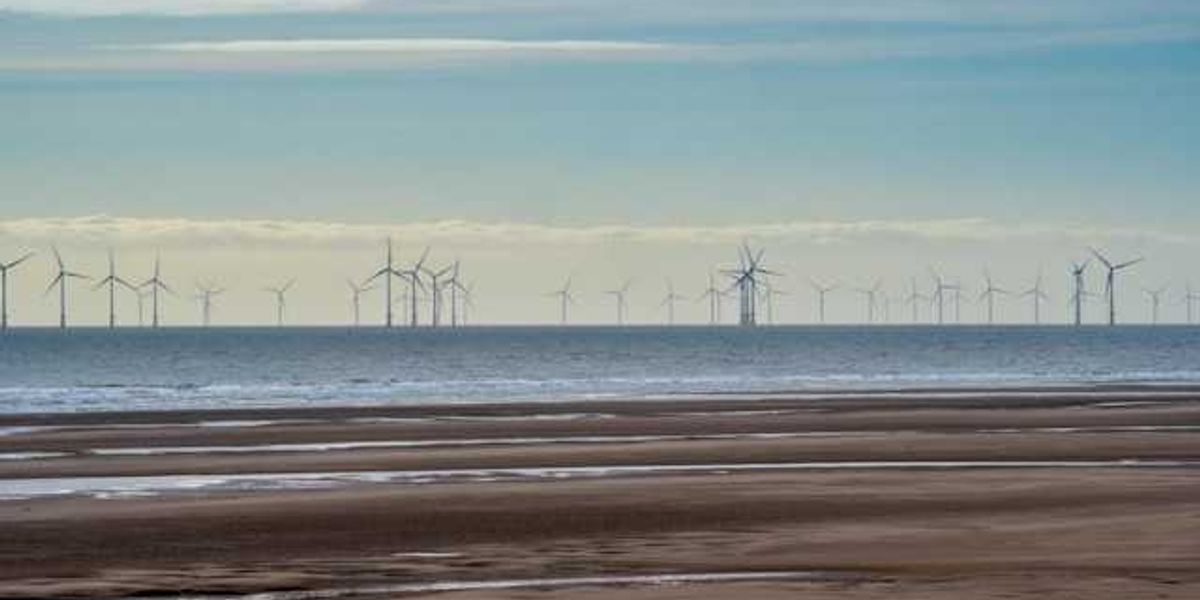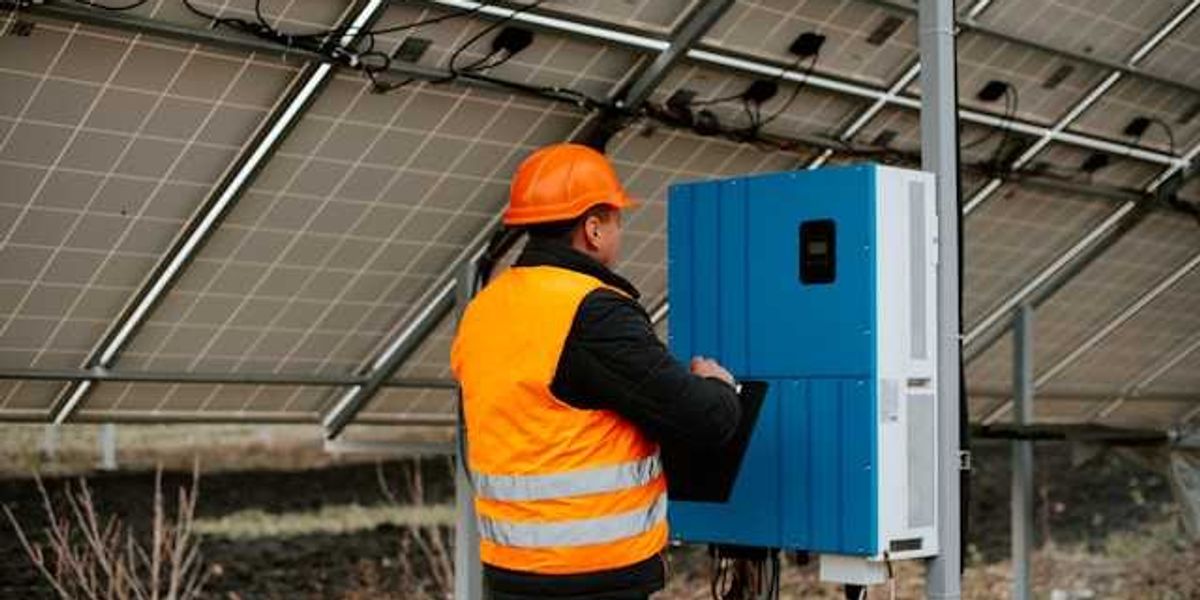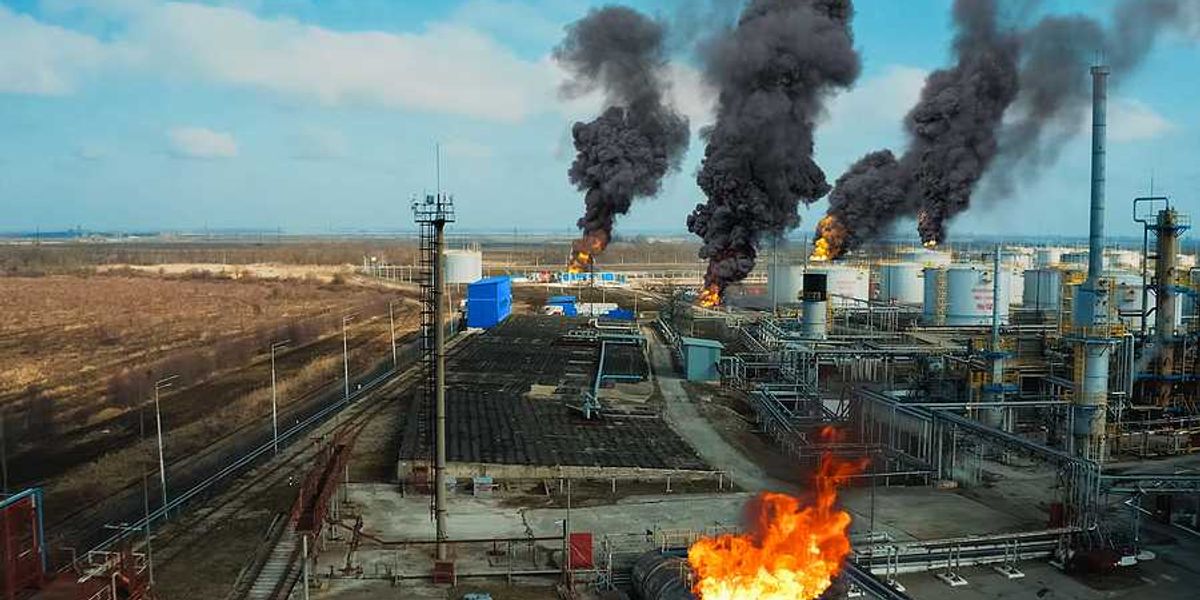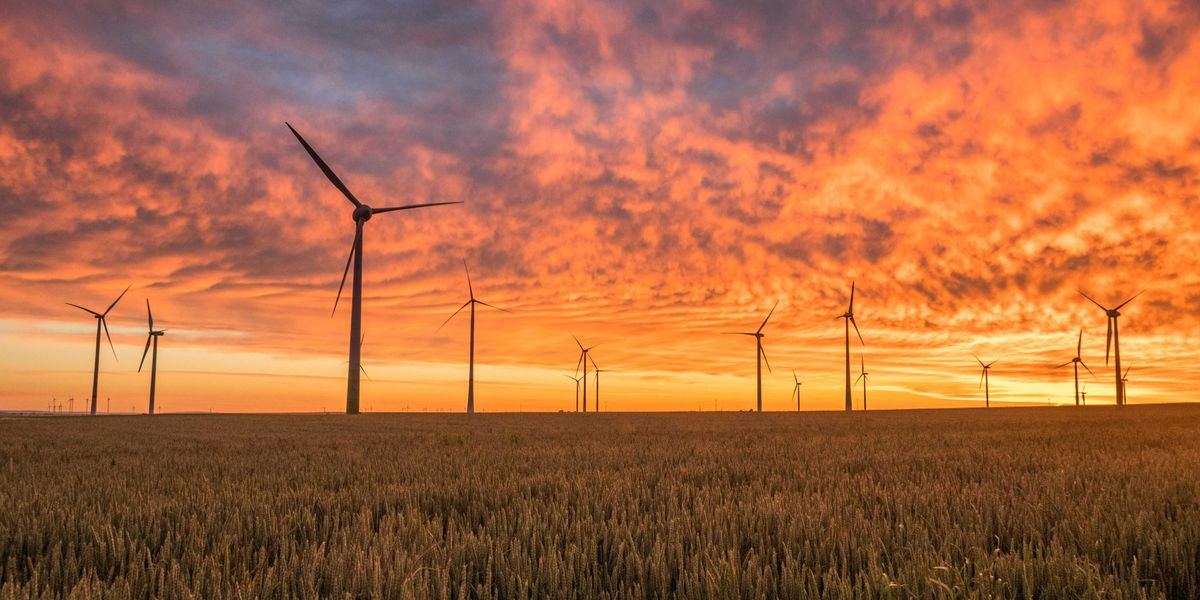Trump’s plan to cancel high-speed rail funding fuels stronger Democratic push for California project
President Donald Trump’s effort to cancel $4 billion in federal grants for California’s high-speed rail project is galvanizing Democrats and labor unions to secure long-term funding and keep construction on track.
Alex Nieves reports for POLITICO.
In short:
- The Trump administration is moving to revoke federal grants issued during the Biden era for California’s high-speed rail, citing unreliable funding from the state’s emissions trading program as a key concern.
- Governor Gavin Newsom and Democratic lawmakers are now rallying behind the project, proposing a $1 billion annual allocation from cap-and-trade revenues to ensure the rail’s construction, especially its first operating segment from Bakersfield to Merced.
- Labor unions and allied interest groups have also thrown their weight behind the rail line, emphasizing the jobs it creates and making it a priority in their infrastructure agenda amid ongoing negotiations over California’s climate programs.
Key quote:
“Regardless of what happens here, we’re committed to making this project a reality.”
— Scott Wiener, chair of the California Senate Budget Committee
Why this matters:
High-speed rail has long symbolized California’s aspirations for cleaner transportation, regional economic growth, and a shift away from car culture. But the project also exposes the political fault lines between federal and state climate agendas, especially under different presidential administrations. At stake is a massive infrastructure endeavor aiming to reduce carbon emissions, connect underserved Central Valley communities, and support thousands of union jobs.
The project’s reliance on cap-and-trade revenues ties it directly to California’s broader climate strategies, which themselves have come under political attack. If Trump succeeds in pulling federal funding, it could chill other large-scale climate initiatives reliant on similar financing models. At the same time, doubling down on rail investment amidst rising political resistance sends a strong signal about state-level commitments to decarbonization and labor-backed development, even as timelines and costs balloon. The environmental and public health stakes remain high in a state where transportation accounts for the largest share of greenhouse gas emissions.
For more: US Department of Energy cancels billions in clean energy and carbon capture grants













